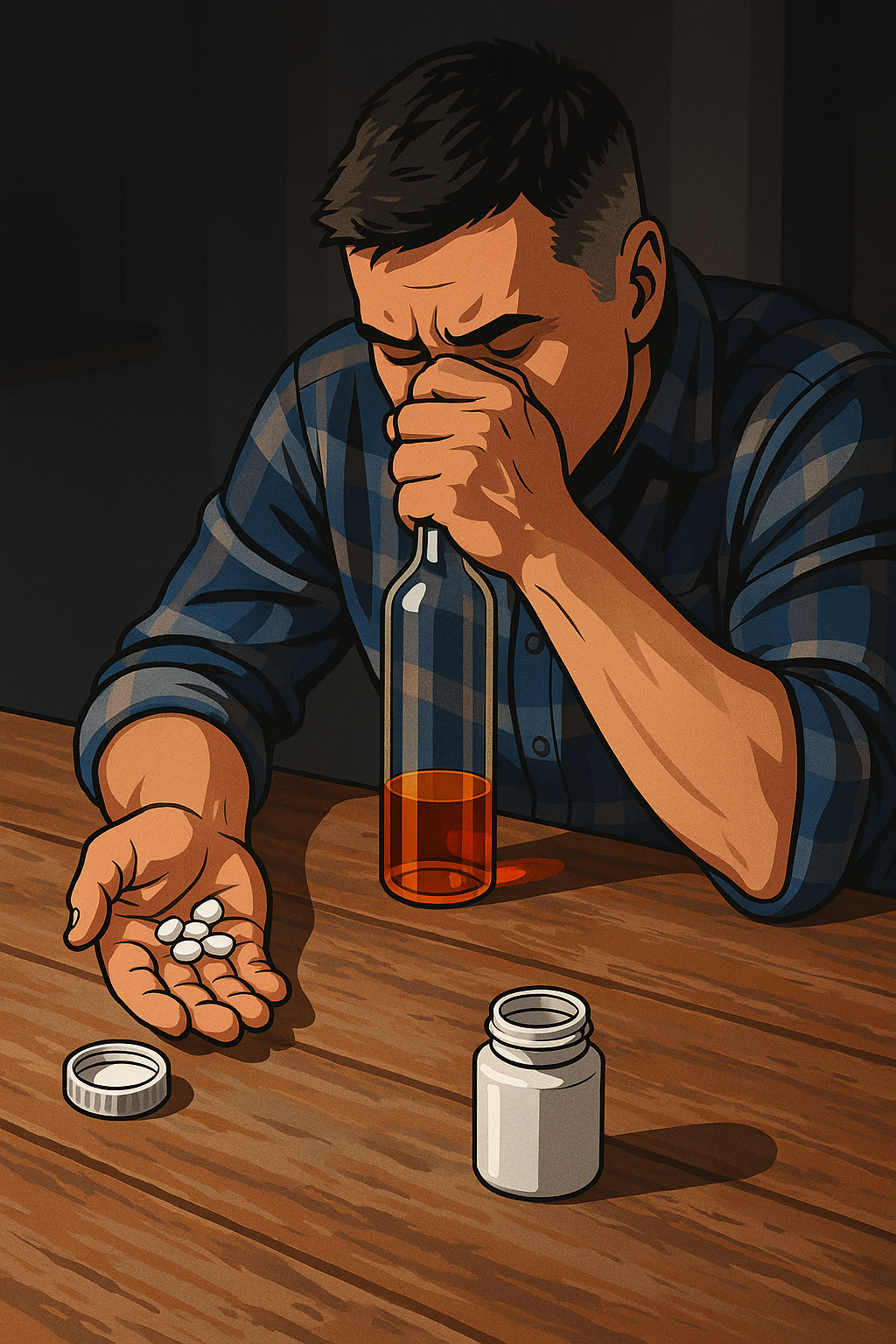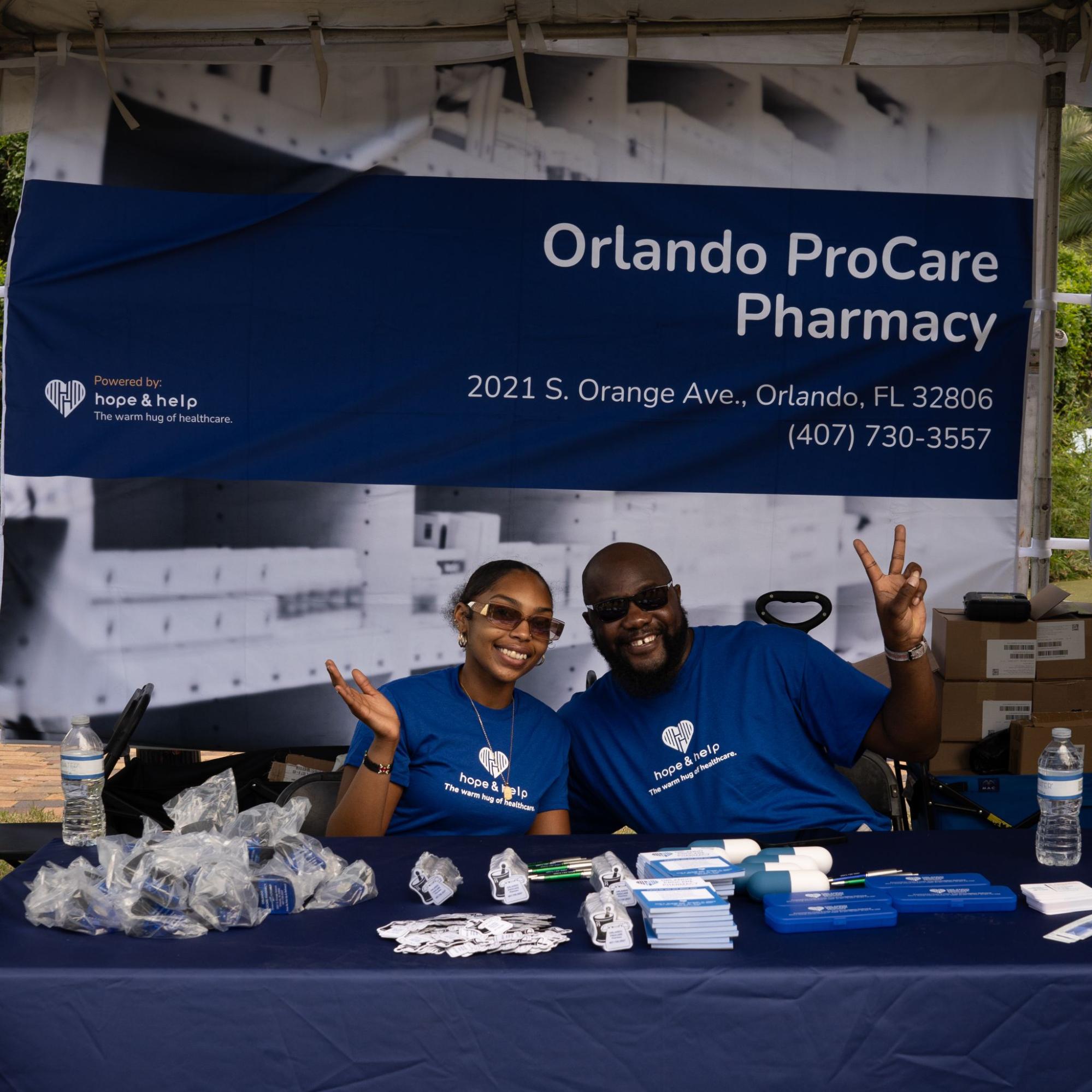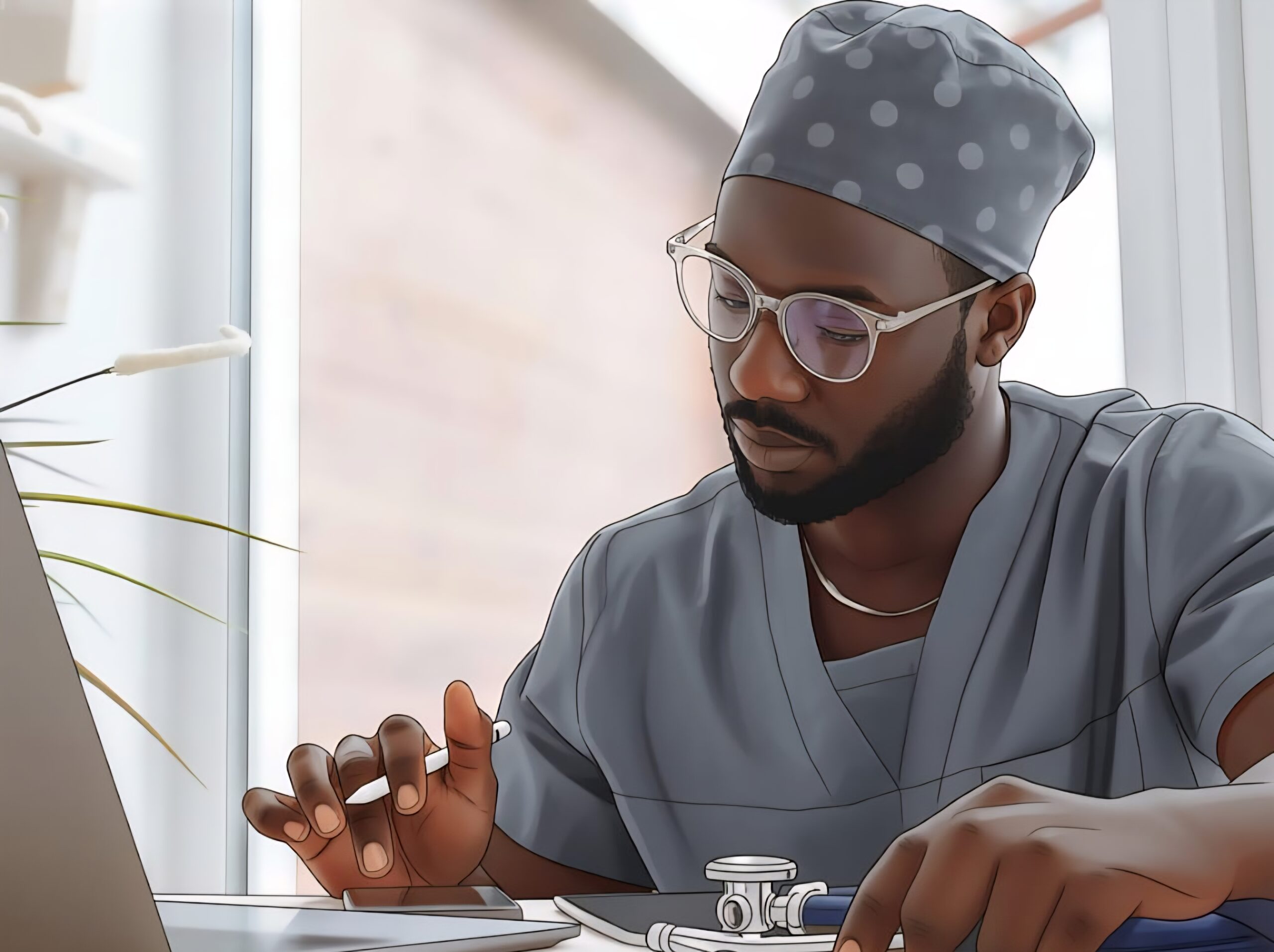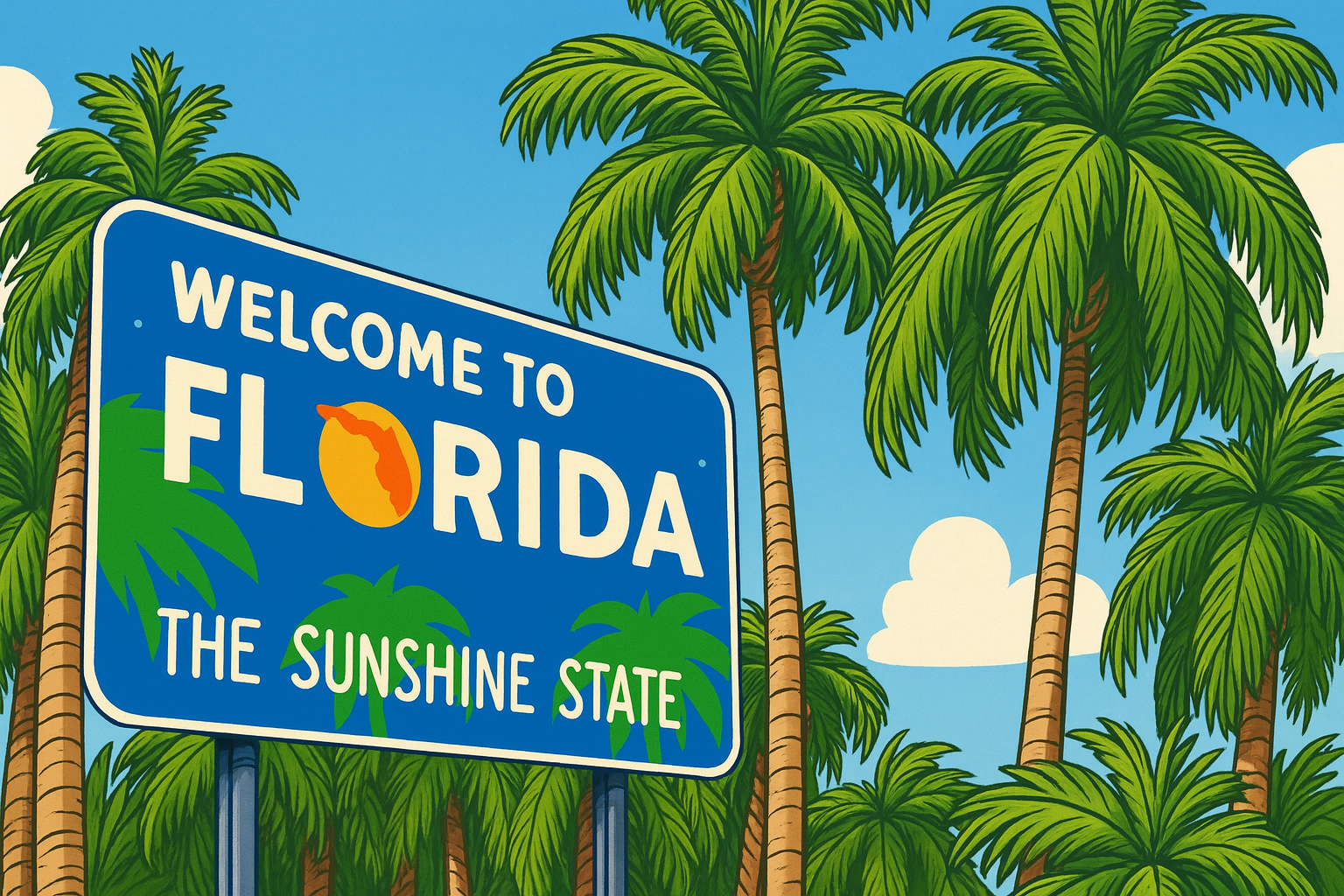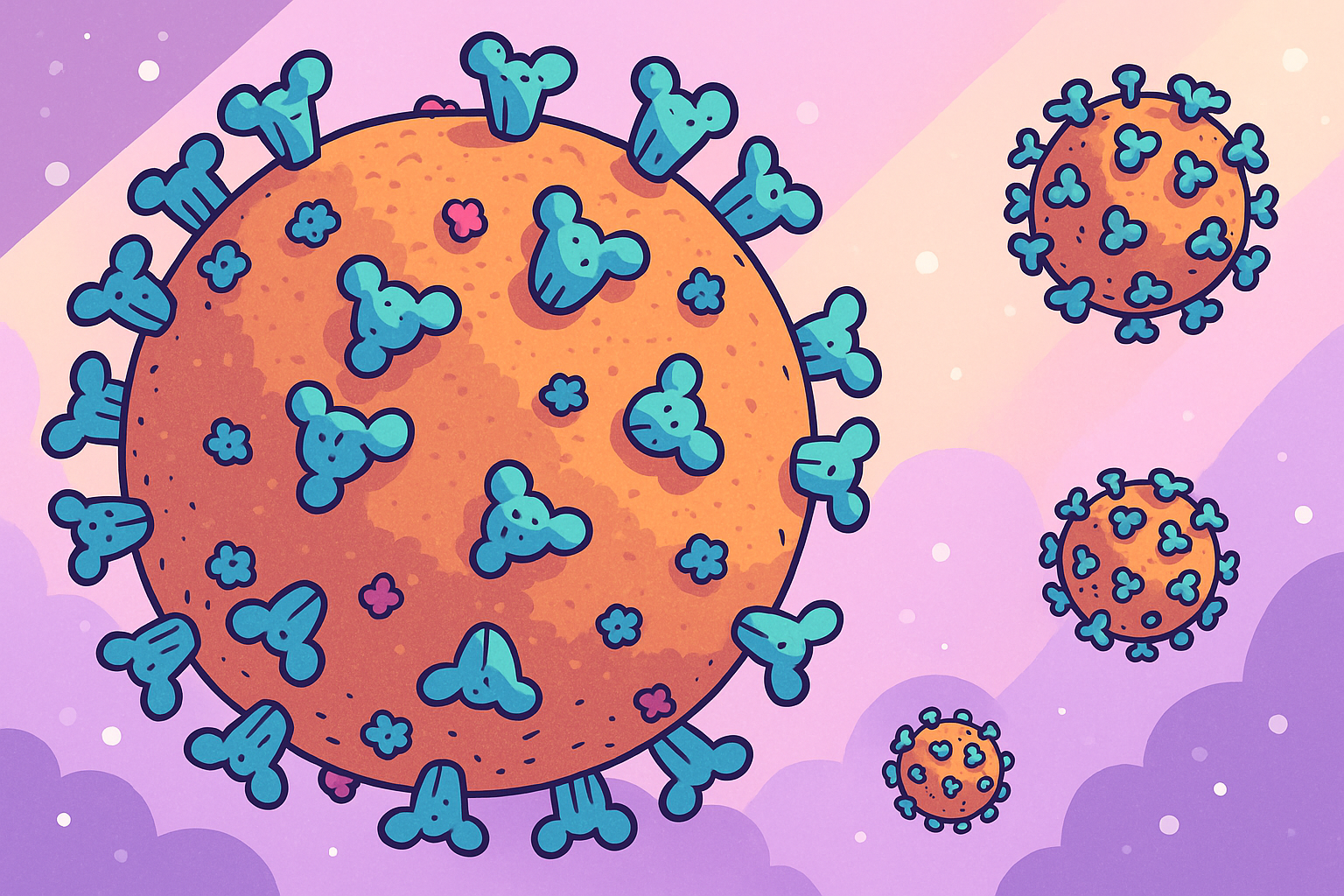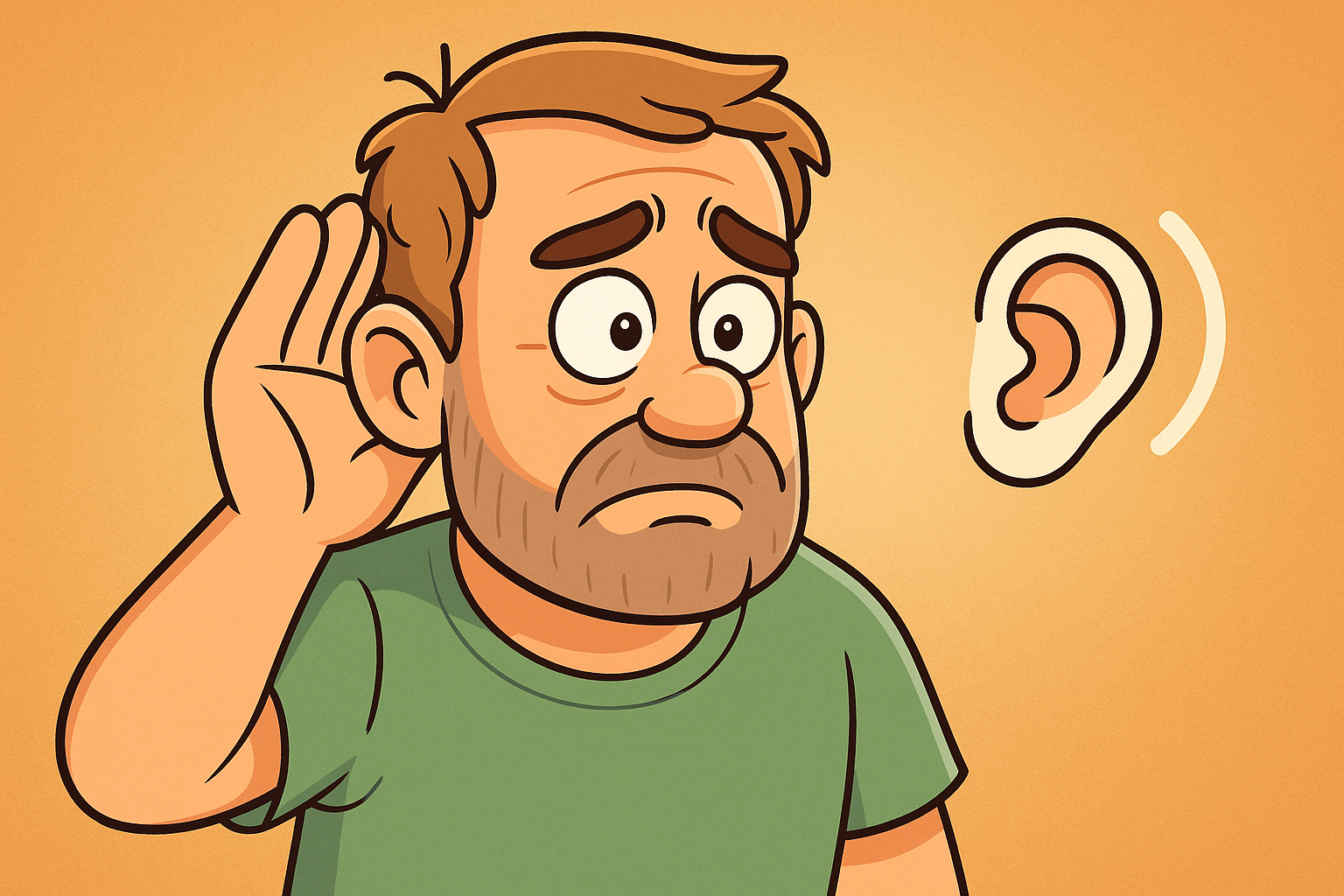You’ve tested positive for COVID-19. Your doctor hands you a prescription for Paxlovid—a five-day course designed to keep your symptoms from worsening. But then you pause: is it okay to have a drink while taking it? After all, you were planning to unwind with a glass of wine this weekend.
Paxlovid is one of the most commonly prescribed antiviral treatments for COVID-19. It’s effective, fast-acting, and easy to take home. But like any medication, it comes with considerations—especially when it comes to alcohol.
In this article, we’ll explore what medical professionals have to say about drinking while on Paxlovid, and help you make the safest choice for your health.
What Is Paxlovid and How Does It Work?
Paxlovid is a combination oral antiviral medication used to treat mild-to-moderate COVID-19 in high-risk patients. It works by preventing the virus from multiplying inside your body.
The treatment includes two components: nirmatrelvir and ritonavir. Nirmatrelvir fights the virus directly, while ritonavir boosts its effectiveness by slowing how your body breaks it down.
This duo helps maintain higher levels of the antiviral in your system, giving your body a better shot at beating the infection. But because ritonavir affects liver enzymes, it can also complicate how your body handles other substances—like alcohol.
Can You Drink Alcohol with Paxlovid? What Doctors Say
There’s no official FDA warning strictly forbidding alcohol with Paxlovid. However, most doctors and pharmacists advise against it during the five-day course. The reason? Both alcohol and Paxlovid rely heavily on liver processing.
Even moderate drinking can strain the liver, making it work harder to metabolize both the medication and the alcohol. This could potentially reduce the drug’s effectiveness or increase side effects.
While one drink might not be immediately dangerous, it’s not worth compromising your recovery or triggering avoidable complications. Most experts suggest holding off until you’ve completed the full course.
Why Mixing Alcohol and Paxlovid Can Be Risky
Your liver is the powerhouse organ that metabolizes both medications and alcohol. When it’s forced to break down both at the same time, it can become overwhelmed.
Ritonavir, part of the Paxlovid combo, alters how enzymes in your liver work. If you add alcohol to the mix, it may disrupt the delicate balance, leading to increased toxicity or slower medication breakdown.
Additionally, alcohol may enhance Paxlovid’s side effects—such as dizziness, nausea, or fatigue. You may also risk impairing your immune response at a time when your body needs all its strength.
What Doctors and Pharmacists Recommend
Healthcare professionals generally take a cautious stance. Their advice? Skip the alcohol while you’re taking Paxlovid—and ideally, for a few days after.
The CDC and NIH don’t explicitly ban alcohol with Paxlovid, but many clinical pharmacists and physicians still recommend abstaining. Dr. Sandra Adams, an infectious disease expert, puts it simply: “It’s only five days—why take the risk?”
Alcohol may not completely neutralize the medicine, but it adds unnecessary stress to your body. Since Paxlovid is designed to help high-risk patients recover faster, most doctors suggest minimizing anything that could delay that process.
Possible Side Effects from Combining Paxlovid and Alcohol
On its own, Paxlovid can cause side effects such as:
- A metallic or bitter taste in the mouth
- Diarrhea
- Increased blood pressure
- Muscle aches
- Nausea or vomiting
Adding alcohol to the mix might make these symptoms worse or harder to manage. For instance, you might mistake alcohol-induced nausea for a medication side effect, leading to confusion or improper treatment decisions.
In rare cases, people with liver conditions or sensitivities may experience more severe reactions. It’s always safer to avoid substances that could blur the lines of what’s normal during recovery.
Best Practices While Taking Paxlovid
To get the best results from Paxlovid, it helps to support your body in every way possible:
- Hydrate frequently to flush out toxins and aid recovery.
- Eat balanced meals to maintain strength and stability.
- Avoid alcohol, which can impair healing and amplify drug side effects.
- Rest as much as possible, since your immune system works best when you’re not stressed.
Doctors generally recommend waiting at least 3–5 days after completing your course of Paxlovid before drinking again. This gives your liver time to reset and ensures the medication has fully cleared your system.
Exceptions or Special Cases
Let’s say you accidentally had a drink while on Paxlovid. What now?
First, don’t panic. One small drink is unlikely to cause serious harm. But if you notice anything unusual—dizziness, chest pain, vomiting—it’s wise to call your doctor immediately.
If you already have liver disease, are on other medications, or use recreational drugs, you should be extra cautious. In these cases, your doctor may advise a longer waiting period before reintroducing alcohol.
Conclusion
While there’s no official prohibition against alcohol with Paxlovid, medical professionals agree—it’s just not worth the risk. Paxlovid is a short-term treatment with powerful benefits. By avoiding alcohol for a few days, you give your body the best chance to recover quickly and safely.
So, put that wine glass down—just for now. Once you’re done with the medication and feeling better, you’ll be able to enjoy it again without worry.
As always, talk to your doctor for advice specific to your health situation. Healing comes first—everything else can wait.
FAQs
Can I have just one drink while on Paxlovid?
You might get away with it, but most medical experts say it’s better to avoid alcohol entirely during treatment. Your liver will thank you.
How long after finishing Paxlovid can I drink alcohol?
Generally, wait at least 3–5 days after your last dose. This allows the drug to fully clear from your system.
Will alcohol make Paxlovid less effective?
Not directly, but it can interfere with how your body processes the medication and slow down your overall recovery.
Are there any interactions between Paxlovid and other recreational substances?
Yes. Paxlovid—especially ritonavir—can react poorly with drugs that affect the liver or nervous system. Always check with your healthcare provider.
Is it safe to drink alcohol after mild COVID symptoms?
Even if your symptoms were mild, your body is still healing. It’s best to wait until you’re fully recovered before drinking.

